What is the best environment for sleeping?
There are several key factors which have a significant impact on your bedroom environment.
Temperature
Experts suggest that 18°C is the best temperature for sleep. 🌡️
As night falls, our core body temperature naturally drops, signalling to our bodies that it's time to rest.
However, during the summer months or in overly warm bedrooms, finding sleep can become a challenge.
This is because a cooler environment is more conducive to the body's natural sleep process.

If you're struggling to keep your bedroom at an ideal temperature, don't fret. 😅
We've compiled some top tips in our article on how to cool down a room.
Noise
A quiet bedroom environment plays a pivotal role in ensuring a restful night's sleep.
Loud noises are notorious for causing sleep disturbances or fragmentation, making it hard to stay in the land of nod.
Your partner snoring or neighbours playing music can sometimes make avoiding noise difficult at night. 🔊
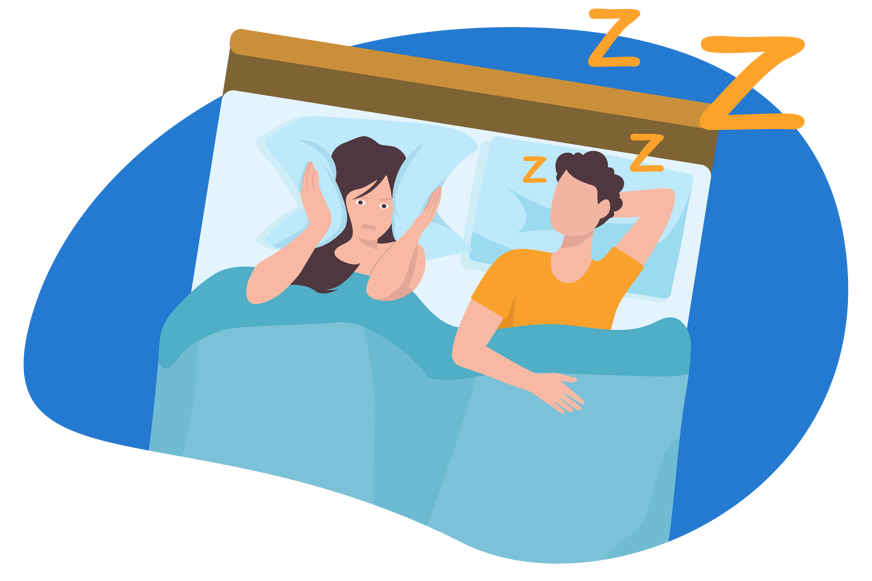
However, investing in high-quality earplugs, such as those by Loop, can counteract this to a degree.
But silence may not always be golden.
Research [1] has shown that listening to classical music can significantly lessen sleep problems and aid in drifting off. 🎼
White noise machines have also been a game-changer for those seeking to mask overly quiet surroundings or drown out intrusive street noise.
Light
Sleeping in the dark isn't just about setting the mood - it's about aligning with your circadian rhythm [2] to create a natural dark-light cycle. 🌓
Bright light in the evening inhibits the release of melatonin and makes it difficult to fall asleep. Bright light in the morning, on the other hand, sends the right signals to the body. Energy is provided, and the day can start.
Björn Steinbrink
Sleep Coach
For those whose work demands unconventional hours, blackout curtains and sleep masks can be invaluable in simulating night, regardless of the actual time.
As dusk falls, our bodies respond well to warm light, reminiscent of a setting sun, cueing us that it's time to wind down. 🌅
Red light, in particular, has been found to boost melatonin [3] production, enhancing sleep quality.
On the other hand, blue light or any light source above 10 lux should be avoided before bed, as they can disrupt sleep [4] and lead to more awakenings throughout the night.
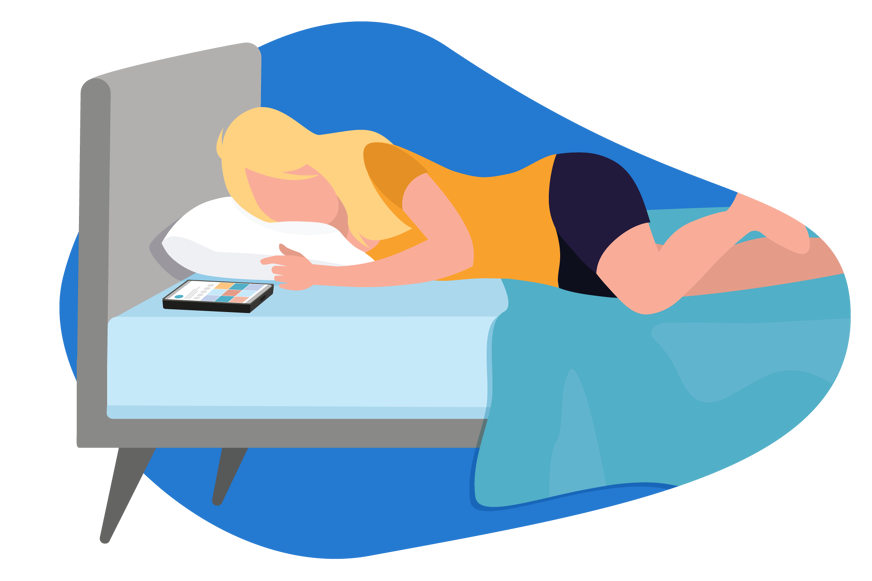
This is why experts recommend cutting out screen time at least 30 minutes before bed. 📵
Mattress & bedding
The importance of your mattress and bedding in achieving a blissful night's sleep cannot be overstated.
They're the foundation of comfort, support, and even temperature regulation throughout the night.
If you find yourself tossing and turning or waking up with aches and pains, it might be a sign that your mattress no longer offers the support you need or isn't aligned with your preferred sleeping position. 😓
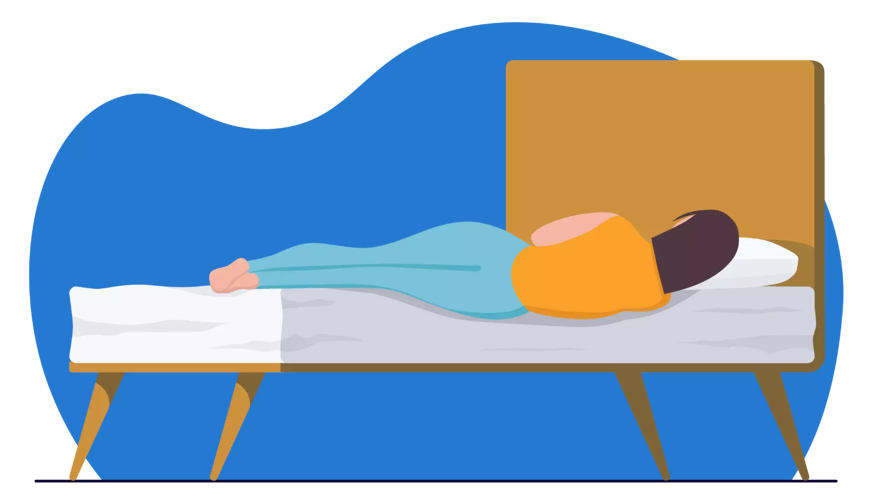
Likewise, choosing the right pillow is crucial.
It should complement your sleeping style to prevent spinal misalignment and ward off neck pain.
But let's not forget about the sheets and duvet. 🚨
About 80% of the overall temperature in bed is determined by the duvet. If you overheat or freeze in bed, you should reconsider your choice of duvet. Depending on which duvet you use, it may not be suitable for your new mattress.
Walter Braun
Mattress Expert
These elements should cater to your thermal preferences, be hypoallergenic to fend off allergies and be easy to clean for convenience. 🧼
Investing thought and care into your sleeping setup can transform your sleep experience.
Bonus tips
Temperature, light, noise and your mattress are all important.
But don't overlook the simple steps that can make a big difference in the quest for the ultimate night's sleep.
Keeping your bedding clean can help to create a fresh and inviting space that welcomes rest.

Choosing pyjamas that are both cool and comfortable can also significantly impact your body's ability to regulate temperature throughout the night, ensuring you stay snug without overheating. ❄️
Moreover, a clutter-free bedroom fosters a calm atmosphere conducive to unwinding and letting go of the day's stresses.
Final thoughts
A cool, dark and quiet bedroom environment is ideal for those who want to get quality sleep. ✅
But your sleep hygiene also plays a pivotal role.
The activities you engage in leading up to bedtime can either promote relaxation or keep your mind buzzing. 🐝
Implement relaxing activities in your bedtime routine, and consider your physical surroundings and the habits that lead to better-quality sleep.









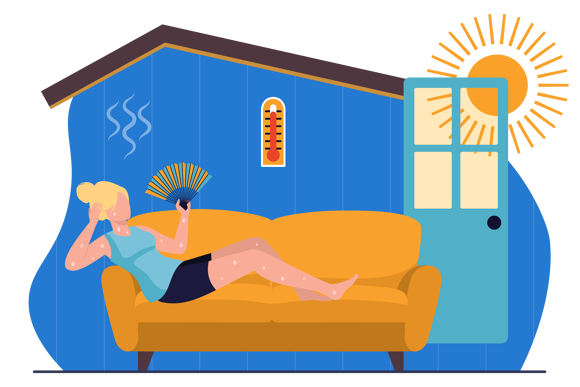

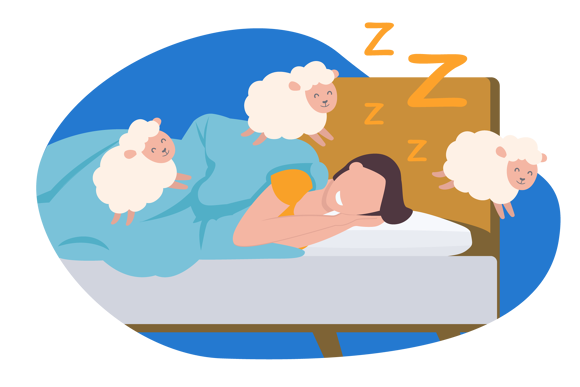


Alternatively, message us directly via the Contact Us page.